9 Unusual Signs Your Dog is Not Feeling Well
by dogtoyadvisor | Last updated on November 18, 2020
We only review products we tested ourselves. We have affiliate partnerships, so we get a share of the revenue from your purchase.
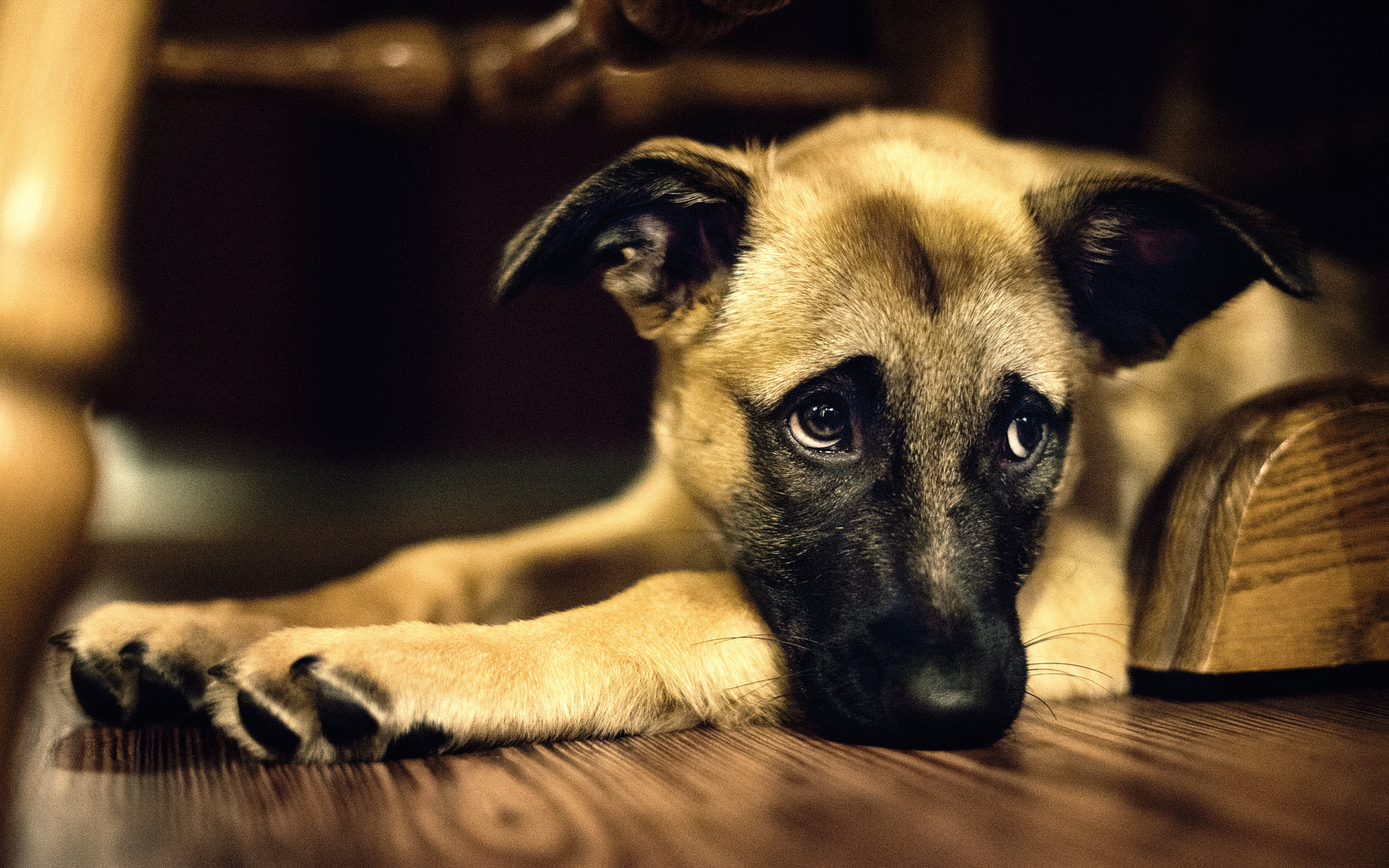
When we think of dogs, we imagine happy, excited beings, always ready for playtime.
But, much like humans, dogs can also experience unhappiness, sadness and even depression.
Such conditions can be hard to diagnose on humans but even more so on dogs, so it’s up to us as dog carers to be alert at all times.
It’s the Little Things, Really
While there are telltale signs that are most common in unhappy dogs, the first sign that a dog is feeling sad or unhappy is when something changes.
His routine, behavior, likes and dislikes.
So this is the first thing to watch out for, really.
If you notice a shift from what your dog would normally do or how he would normally react, it’s time to pay attention.
Main Reasons Why Dogs Become Unhappy
Much like for humans, there are a lot of reasons why dogs may become unhappy.
The most common ones being:
- Illness, in which case you need to take your dog to the vet as soon as possible.
- A loved one’s absence, like when a family member travels or goes off to school. Worst still, if a loved one died.
- A big move, if you changed homes, your dog may become a bit upset with the change.
- Boredom, one of the main causes and, luckily, one of the easiest ones to fix.
9 Signs That Your Dog is Unhappy
An unhappy dog can be a dog parent’s worst nightmare.
Luckily, there are ways to tell if your dog is feeling unhappy so you can act on it as soon as possible and solve the issue quickly.
There are 9 main signs that your dog is unhappy and we’re about to let you know what those are.
1. Change in Appetite
When unhappy, some dogs will lose their appetites and won’t eat as much, eventually leading to weight loss.

However, some dogs will also show their unhappiness by eating more than usual and gaining weight.
So the important thing to focus on is any change in their eating habits to indicate something is up.
2. Sleeping Too Much or Too Little
While dogs love sleeping and will sleep much more than humans, it’s when your dog starts sleeping longer than usual that you should worry.
Also, if you notice your dog sleeping less than usual, like spending his nights awake, it’s also a sign he’s not feeling particularly happy.
If you notice your dog trying to lay down to sleep but constantly changing positions, it probably means he’s feeling pain, so take him to the vet asap.
3. Not Interested in Playing
If your dog starts shunning his toys, even the ones he usually loves, be aware.
If you press on and challenge him for a bit of playtime and he just doesn’t show any interest, something is amiss.
Now, your dog is entitled to having a bad day, it’s when a day turns into several days that you should worry.
Also, again, it’s the changes that tell the story, if your dog was never interested in toys or playing, than it’s perfectly normal that he still doesn’t. (yes, it’s possible, our Dobby is one of those weirdos)
Related: 15 Fun Games For Dogs to Play
4. Destructive Behavior
So, your dog that has always been mellow and well-behaved has now decided to start wrecking things around the home?
Or maybe he’s taken to destroying his toys.
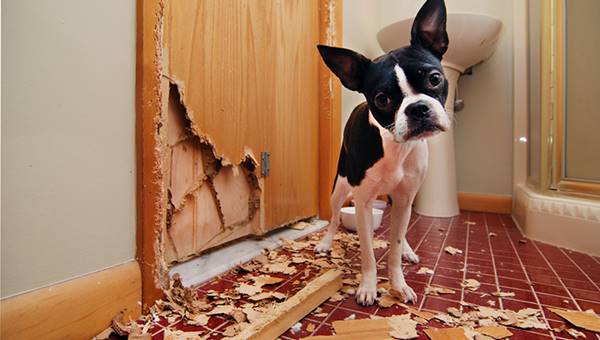
Destructive behavior can also mean he’s suddenly peeing or pooping around the home, possibly in your bed or belongings.
If so, odds are he’s feeling anxious and unhappy.
5. Hiding or Cowering
Unhappy dogs will hide and avoid all contact and interaction.
If your dog used to be confident and social and all of a sudden wants nothing to do with people and other dogs, something is happening.
Unhappy dogs will even go as far as avoiding their own loved ones.
Don’t take it personal, your dog is asking for help.
6. Aggressive Behavior
Much like for destructive behavior, aggressive behavior is a symptom, not a personality trait.
Meaning if your dog is showing aggression towards humans or other animals, he’s probably feeling bad.
If it happens specifically when he’s touched, odds are he’s in pain.
If it’s out of the blue, coming from a usually calm, easy-going dog, something has changed that requires your immediate attention.
Related: How to Stop Dog Aggression
7. Excessive Licking or Chewing
If you’ve noticed your dog constantly licking or biting himself, he’s feeling anxious and unhappy.
Excessive licking and biting is one of the clearest signs of an unhappy dog, one that can lead to bald patches and even scabs.
They do it as a way to self sooth, even though there is nothing soothing about it.
8. Avoiding Eye Contact
Some dogs are too insecure to look people or other animals in the eyes, because it can be seen as a challenge.
However, if your dog is usually used to looking you in the eye and is suddenly avoiding to do it, it can be a sign of unhappiness.
Avoiding eye contact or even squinting means lack of energy and overall apathy.
Related: How to Boost Your Dog’s Confidence
9. Pacing
Much like for humans, if your dog is suddenly pacing around the house, non-stop, it means he’s feeling anxious.
It usually means he’s feeling antsy or maybe even bored, not knowing what to do with himself, overall causes of unhappiness.
But be aware, if you’re spending long hours away from home, odds are he’ll be doing most of the pacing while he’s home alone, because it’s when he’ll feel the most unhappy.
Affiliate links / Images from Amazon Product Advertising and iStock
Recommending Reading:

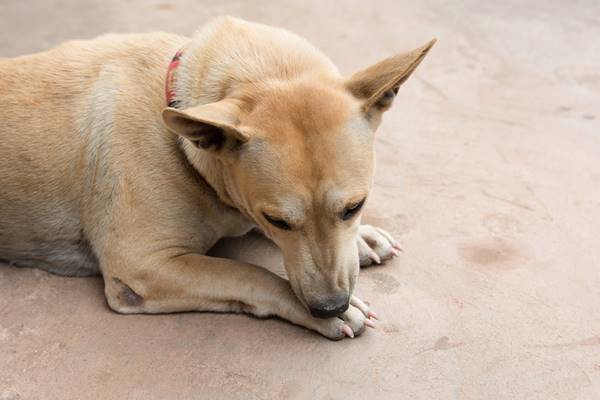
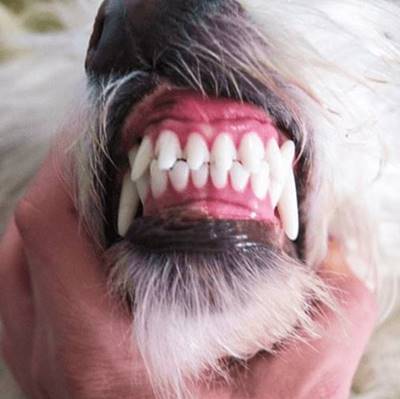
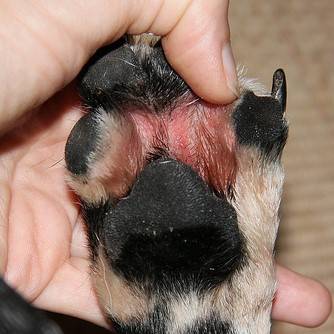

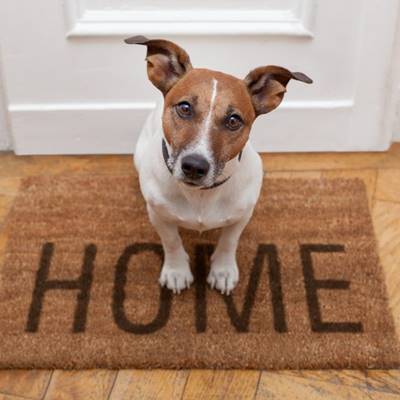
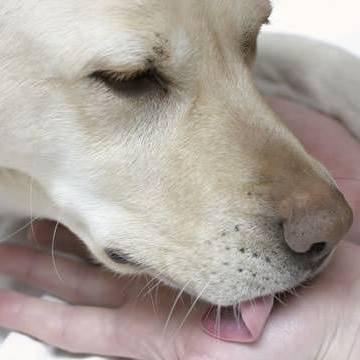
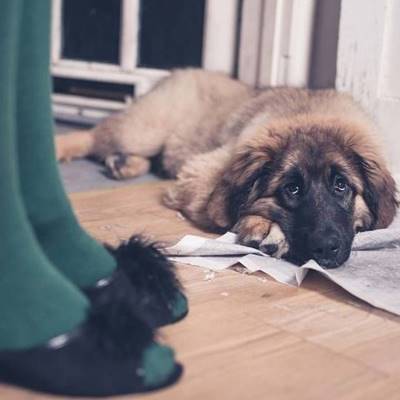
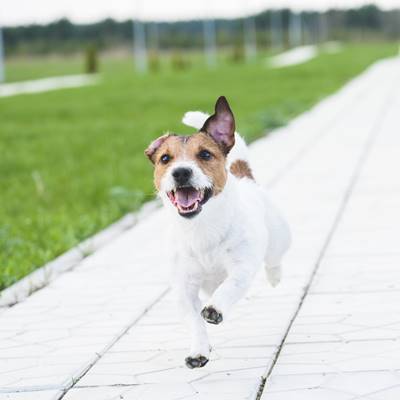
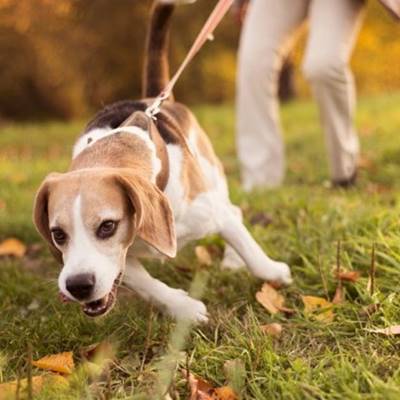
Are there any suggestions for excessive licking and chewing.
Hi Alice.
There are several things to consider, like is he licking and chewing a specific point of his body or pretty much all over?
There are multiple reasons why dogs lick and chew themselves incessantly, from feeling pain to skin issues like allergies or even parasites.
We did a post a while back speaking about dogs licking and chewing their paws, but I think a lot of it applies to other areas of his body too. You can read it here: https://dogtoyadvisor.com/dog-licking-chewing-paws/
If you’re sure he doesn’t have any fleas or ticks and you don’t notice any signs of skin issues (or if you notice skin issues you don’t know how to treat), I’d recommend a vet visit. He’ll do a couple of tests to get to the bottom of it and indicate the best treatment.
Let me know how it went, good luck!
Sandy